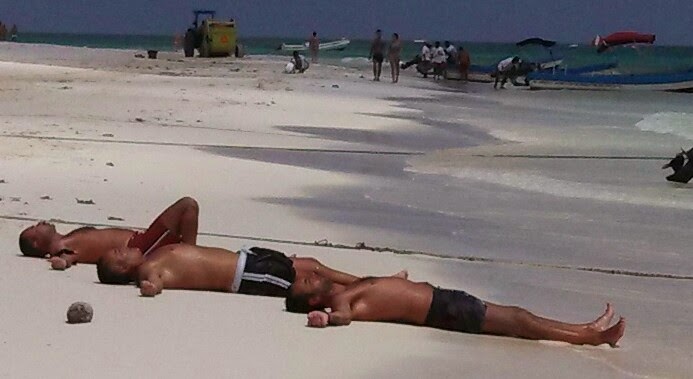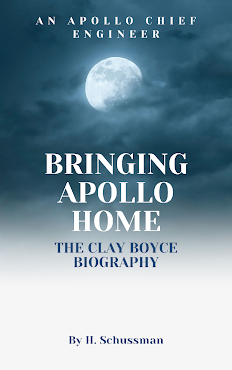First stop, Tulum. These Mayans
knew how to pick oceanfront property. It was a booming city of about 10,000 (I
think I remember it right). A small contingent of ten Spaniards landed on their
beach, and were greeted by a thousand 4 ½ foot-tall vicious Mayan Jaguar Warriors.
They were covered in tattoos, piercings, had teeth filed into points, and were
armed. The chief broke the custom ripping their hearts out, peeling their skin
off and cremating them (the hearts were saved for the priests to eat in front
of everyone). He decided to parade his captives around to the other villages to
show his fierce power, so off they went. Unfortunately the Spaniards were armed
with biological warfare. A year later when the next group of Spaniards arrived, there were only
about four hundred Mayans left. They’d died of small pox, and the flu.
We made a stop at a typical Mayan
home to taste homemade tortillas with some sort of strange tasting paste
smeared on them. The tortilla was good J I went
outside and chatted with the man of the house. He showed me his well, which
didn’t need to be very deep to tap into the underground rivers.
We went to a restaurant on a
beautiful lake. No one was swimming in it, so I asked our driver why. He pointed at the lake and said “Crocodiles!” Ahh, that
makes sense.
Next stop, Coba. I wasn’t
familiar with this ruin. It’s deeper in the woods. We took bicycle taxis a mile
to get to the center. Coba had a population of about 55,000. They have a couple
of pyramids. The big one is open to climb, so we did . . . meaning Bill and I. There
was no way Joe was going up that thing. I don’t know if you’ve ever been up a
pyramid, but the steps are twice the height of normal steps and shallow. Going up
the 120 steps (average lifespan of a Mayan) was a gasping chore.
Coming down was downright scary, especially because the steps are worn smooth from tourists. I went to the side for a little better traction.
Coming down was downright scary, especially because the steps are worn smooth from tourists. I went to the side for a little better traction.
From there we went to a Cenote. I
don’t remember the name. Cenotes are basically areas where the thin crust of limestone
earth collapsed from the weight of the trees. The Yucatan Peninsula has a
massive complex network of caves and tunnels filled in with fresh water. Some cenotes
are huge, some are barely big enough to squeeze through, but they are all
interconnected via waterways. Another spectacular feature of these rivers is
the submerged stalactites and stalagmites. This one is small, though deep. We had
to rinse off before getting in to protect the clean water from our chemical
slathered bodies.
More stairs to struggle up to get out.
More stairs to struggle up to get out.
We finally got home around 6:00
pm, and oh joy, climbed four flights of stairs to our room.














No comments:
Post a Comment